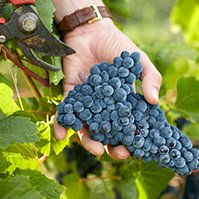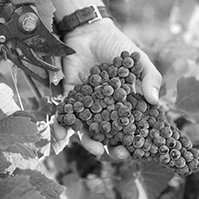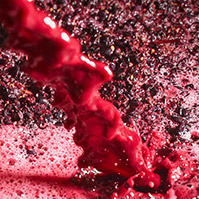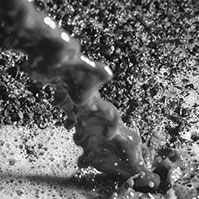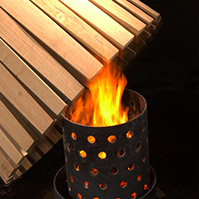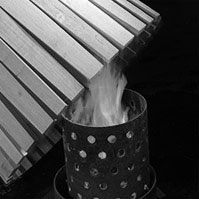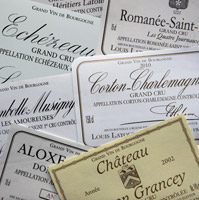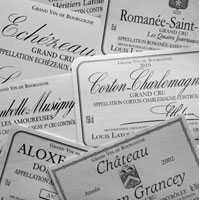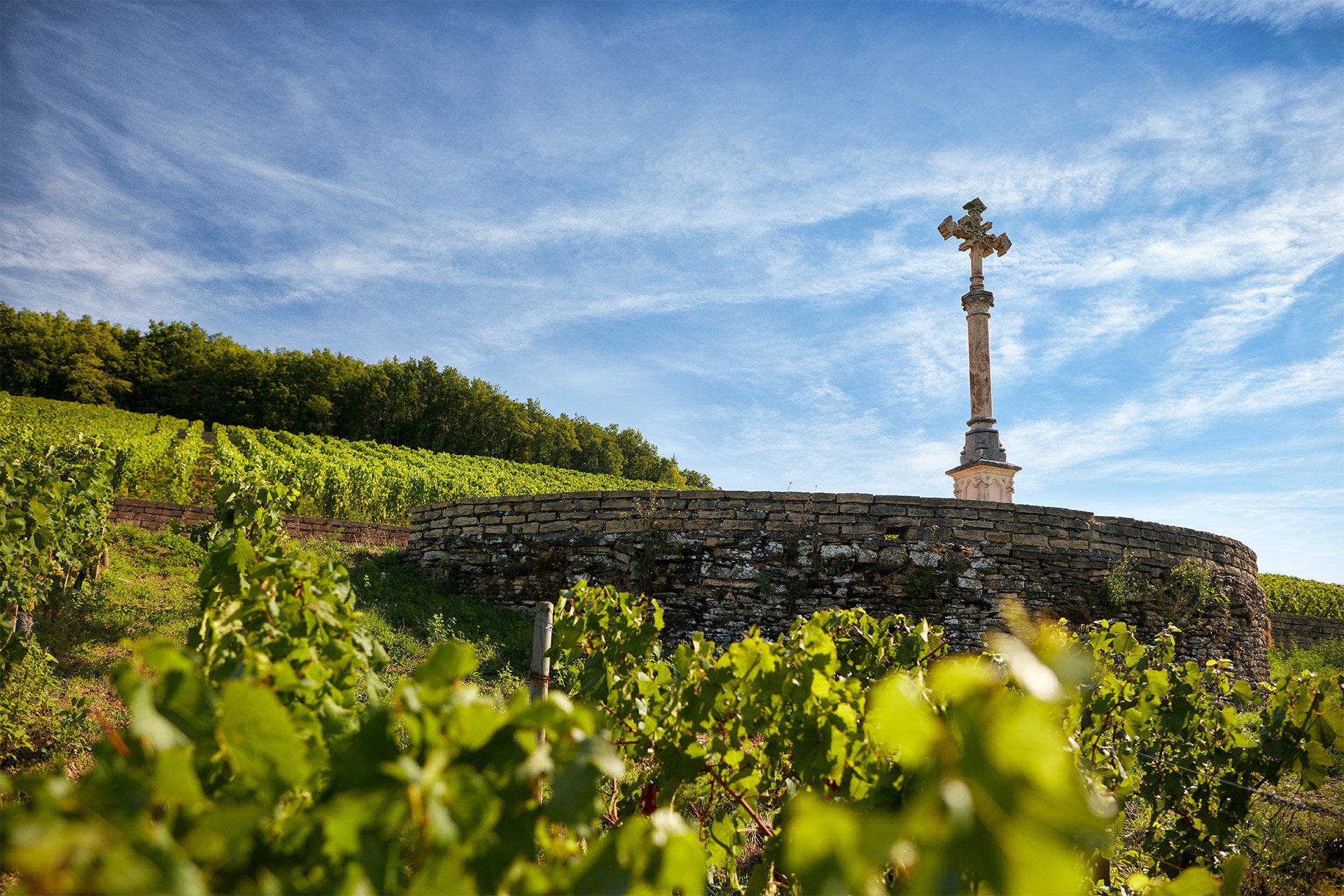
Life in the Vineyard
Respect for terroir is one of the fundamental values of Maison Louis Latour, who have practised reasoned agriculture (certified ISO14001) for almost 20 years. Understanding and interpreting the geological complexity of each parcel is indispensable, and it is for this reason that we regularly undertake soil analysis of entire slices of earth in order to study the interaction between the terroir and our wines.
If a noble terroir is undoubtedly one of the essential elements in the production of a great wine, the work of our highly qualified team is also crucial and highly valuable. Extreme rigour and meticulous care are necessary when applying the correct gestures and techniques, notably when pruning and leaf thinning.
Healthy soil is also primordial for the development of the vines, which is why Maison Louis Latour uses specific organic techniques to combat vine pests and diseases. These organic substances also reduce the need for pesticides. Maison Louis Latour also makes its own compost (around 70 tonnes) from vine pruning wood and grape skins - a by-product of pressing - thus eliminating the use of chemical fertilizers.
Traditional viticultural methods have been perpetuated by Maison Louis Latour. Young vines on steep slopes -making access difficult for machines - are ploughed using horses. Working in this way avoids compacting the earth and allows the vine root systems to plunge deeply into the soil to better regulate their water intake.
The use of cover crops also illustrates Maison Louis Latour's desire to protect the environment. Forage crops sown in between rows combat soil erosion and are rich in organic matter. They also take up excess water in the earth, which is of considerable benefit during periods of heavy rain.
Leaf thinning is the process of diminishing the number of leaves from the fruit-bearing areas of the vine, thus providing aeration and better sunshine exposure for the grapes. This is carried out in spring on the east-facing side of the vines to improve harvest quality.
Weather stations installed in partnership with the University of Dijon since 1996 aid the decision-making process when it comes to vine protection, facilitating natural regulation of the ecosystems. For example, we do not systematically treat vines that are suffering from light mildew. In addition, these weather stations have highlighted the importance of microclimates by revealing differences in temperature on the plain and at the highest point of the vineyard.
Maintenance of our viticultural landscapes is essential for the preservation of the extremely varied and protected ecosystems of Burgundy. Burgundy is a treasure-trove of historic mediaeval landscapes, rich with an exceptional heritage that Maison Louis Latour takes pains to protect right in the heart of our vineyards. The ‘Landscapes of Corton' association, formed at the initiative of Maison Louis Latour and other winegrowers on the Corton hill, has addressed sustainable development from this particular angle since 2009, combatting the phenomenon of soil erosion and establishing a tree and hedge planting programme with the aim of strengthening ecosystems, protecting biodiversity and preserving the authenticity of the landscapes.
